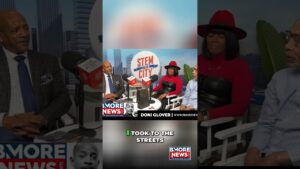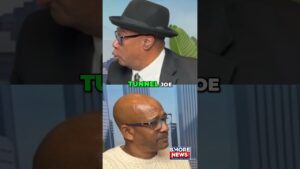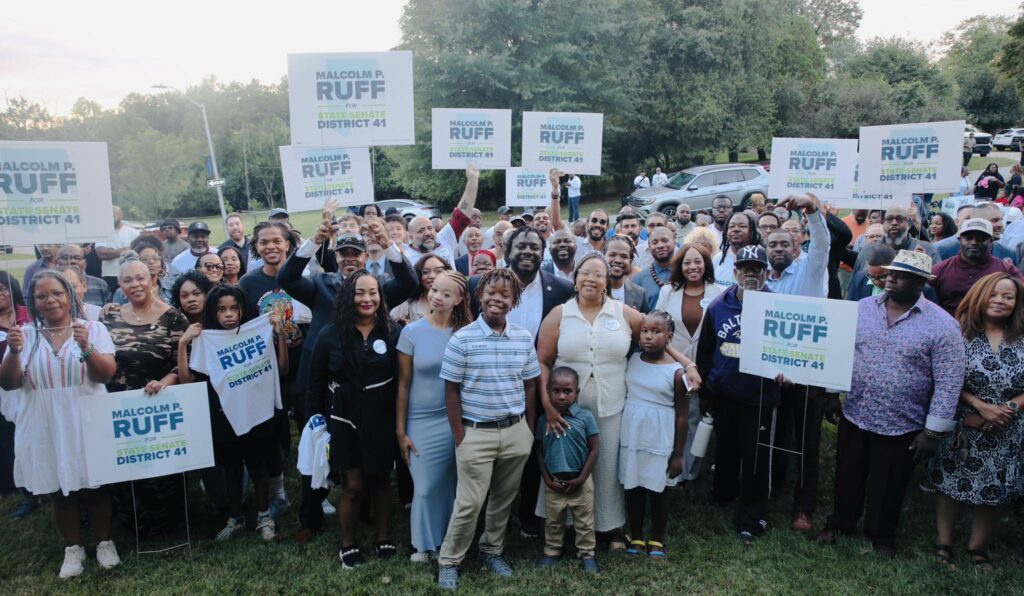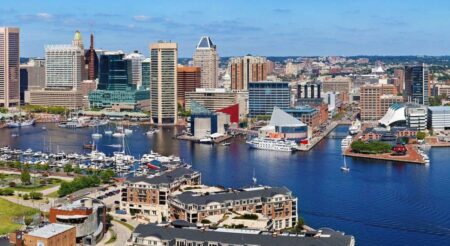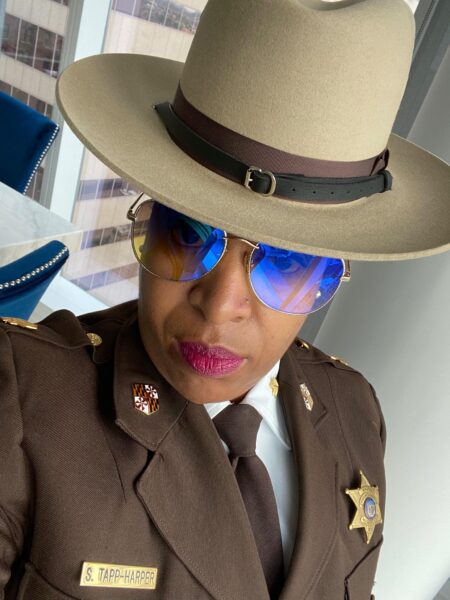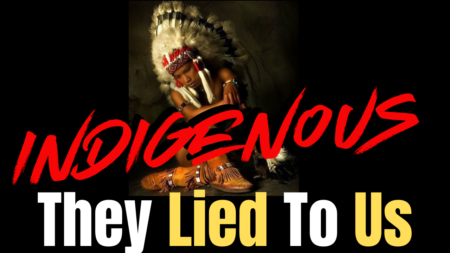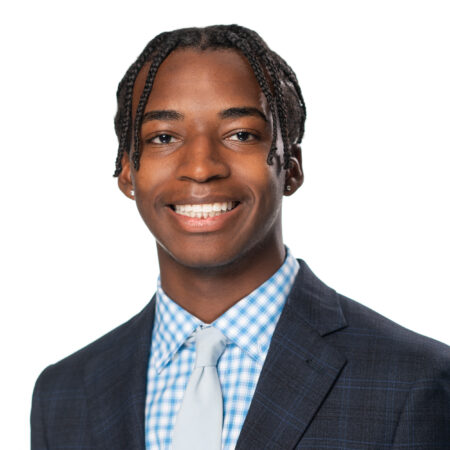“What’s the quickest route from Africa to Israel?” one Baltimorean asked another.
“Park Heights!” the other replied.
(BALTIMORE – August 26, 2025) – In that one exchange, you capture the 41st District in a nutshell — two communities, two cultures, and two visions for the future.
Delegate Malcolm Ruff and his “Ruff Riders” made a strong showing last week as he officially announced his candidacy for state Senate in the 41st Legislative District. The launch had all the political fixings: former Sen. Jill P. Carter, City Council VP Sharon Green Middleton, Delegate Scott Phillips, City Councilwoman Phylicia Porter, Chezia Cager, Dayvon Love from Leaders of a Beautiful Struggle, and the inimitable Billy Murphy.
Ruff is moving up a weight class to challenge incumbent Sen. Dalya Attar. Sworn into the Maryland House of Delegates in 2019, Attar made history as the first Orthodox Jew elected to the Maryland General Assembly — and remains the highest-ranking Orthodox Jewish woman in American history.
A District Divided
The 41st District stretches from Edmondson Village through Park Heights and Mt. Washington, encompassing Pimlico Race Track. Pimlico has been at the center of years of debate and broken promises, leaving behind a desolate stretch of Baltimore once home to many Black families.
The district is defined by a stark reality: Upper Park Heights is largely Jewish, while Lower Park Heights is largely Black. Two communities, two sets of priorities, two very different lenses on the future. The question of whether original residents will ever be able to return once redevelopment comes is one that hangs over the district — the same story we saw play out in East Baltimore, at North and Park, and North and Eutaw.
The Stinnett Surprise
Perhaps the most intriguing subplot in this contest is that Delegate Sean Stinnett — a fellow Black legislator and Muslim — is not running with Ruff. Instead, he’s on Attar’s ticket. The decision has raised eyebrows across the city and sparked backroom conversations. For now, it remains one of the most unusual twists in what is shaping up to be a fascinating series of political theater.
The Leadership Void
The deeper issue is that Black Baltimore lacks the kind of unified political leadership it once had. Since the passing of giants like Pete Rawlings and Clarence Blount, and the dissolution of powerful Democratic clubs, there has been no singular voice anchoring the community’s political progress. The Goon Squad is gone — only Pat Scott survives — and with them, an era of strategy and discipline.
What remains is a new political generation, but without the same connective tissue to Black Maryland’s deep political history and traditions. Whether this generation will root itself in legacy and collective progress — or drift toward fragmentation — remains to be seen.
Remembering the Legacy
As we watch this race unfold, it is worth remembering that the lives we live today are built on the audacity of Marylanders like Harriet Tubman and Frederick Douglass. They defied the odds, fought for freedom, and made unimaginable sacrifices so that future generations could live better. Nobody gave us our freedom. We fought for it against insurmountable odds. Nat Turner and Denmark Vesey are proof positive of the courage demonstrated by our ancestors.
Our next cadre of Black political leaders must digest that history, respect it, and govern themselves with that same sense of purpose. They will need wisdom, courage, and faith to navigate the challenges ahead. Above all, they must keep God first.


